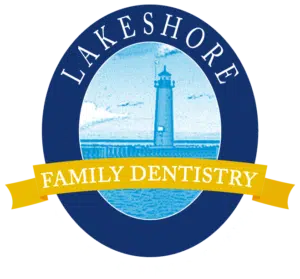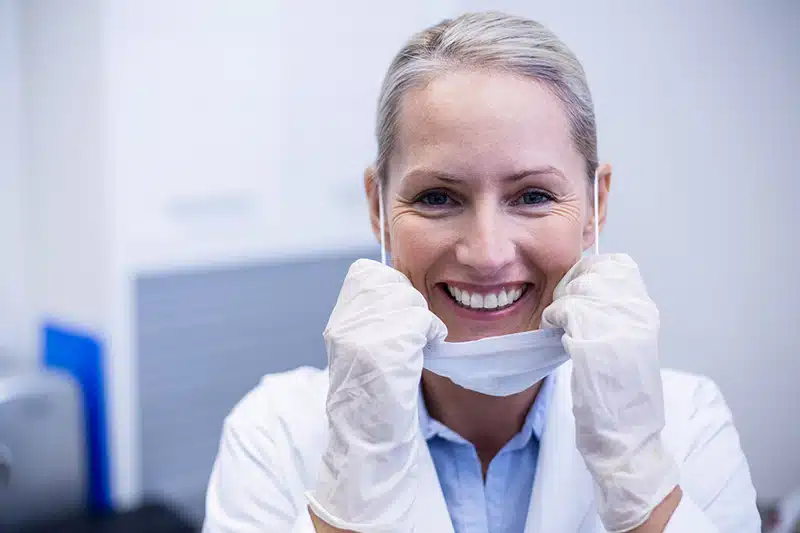Dental hygienists see thousands and thousands of patients’ mouths each year. They know that no two people’s mouths or oral health are quite the same. Nonetheless, there are some things that patients don’t know about caring for their smiles that seem to come up again and again. Here are four things your hygienist wishes you knew that would keep your teeth whiter, stronger and healthier.
Grinding and Gum Recession
The common knowledge used to be that brushing too hard with your toothbrush can cause gum recession. However, recent evidence indicates that clenching and grinding your teeth may contribute more to gum recession than aggressive brushing. Gum recession is when your gums pull away from your teeth, giving your teeth a longer appearance and exposing more of your tooth structure to the risk of tooth decay.
Floss Thickness
Some dental hygienists will say that certain types of floss are better than others. Ultra-smooth, ultra-thin flosses may be easier to get between your teeth and glide easily once there, however, the lack of friction created by this type of floss may not be as good at removing plaque. Thicker, wax-coated flosses may be a little harder to ease into tight spaces but they are also better at removing debris from between your teeth efficiently. That being said, any dental hygienist will tell you that thin and smooth floss is better than no floss at all!
Brushing Your Tongue
You may not know it, but that white film you see on your tongue sometimes is actually plaque! The same sticky bacteria-filled buildup that accumulates on your teeth can also accumulate on your tongue. The rough surface created by your taste buds is great for hiding bacteria and debris. Brushing or scraping your tongue when you brush your teeth can get rid of this buildup. If you want recommendations for tools or techniques for cleaning your tongue, just ask your hygienist at your next cleaning.
Coffee vs. Tea Staining
Even though it looks more watery and tastes less bold than coffee, tea actually causes worse teeth staining and yellowing. This may come as a surprise to tea drinkers who think they’ve opted for the milder of the two beverages, and there is a catch. Black coffee on its own stains worse than tea, but coffee with milk is not as bad on its own. In summary, the order of your morning drink choices from most staining to less staining is: black coffee, tea, and coffee with milk or cream. If you’re a tea drinker and want whiter teeth, consider switching to a white tea instead of black or green.

